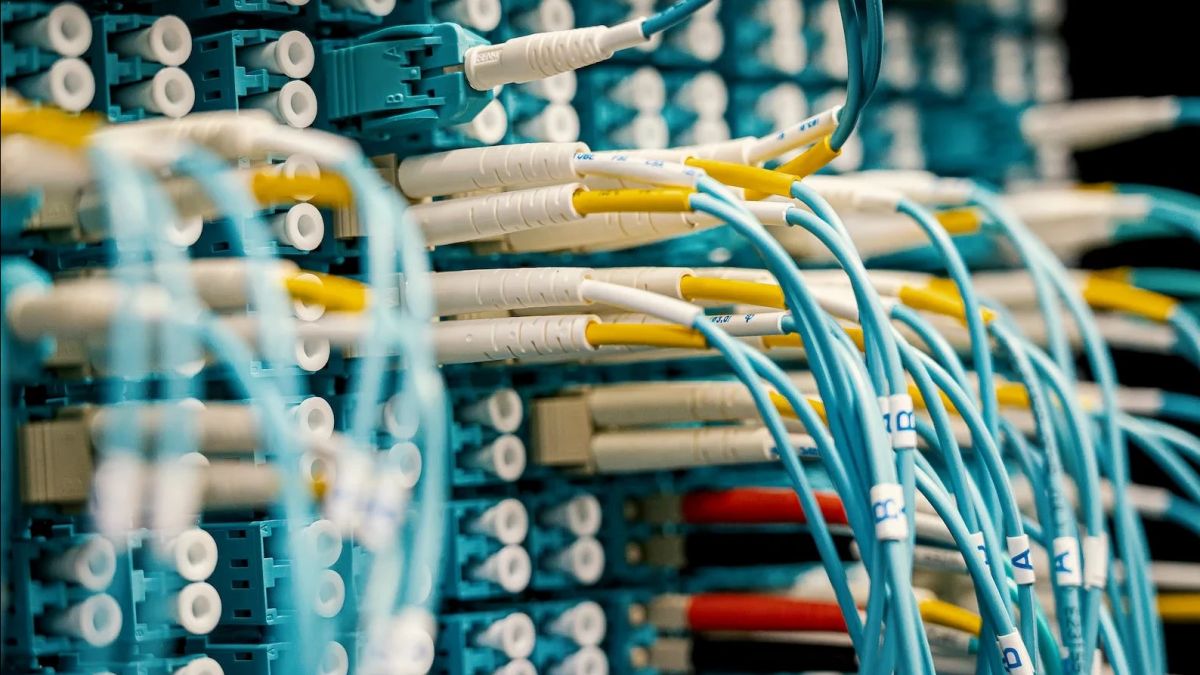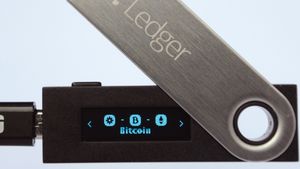JAKARTA - Google's parent Alphabet will operate an undersea cable that provides internet access to at least eight countries in the Pacific Ocean. This happens thanks to a joint agreement between the US and Australia which is planned to be announced on Wednesday, October 25.
This agreement will expand commercial projects already carried out by Google in the region to the countries of Micronesia, Kiribati, Marshall Islands, Papua New Guinea, Solomon Islands, Timor-Leste, Tuvalu and Vanuatu.
Canberra will contribute US$50 million (IDR 793.3 billion) and Washington will add US$15 million (IDR 238 billion), according to a senior US official.
Small and sometimes isolated countries in the Pacific have been the center of intense attention in recent years, with China and the United States both courting them with infrastructure development and military partnerships.
SEE ALSO:
US President Joe Biden has also pushed for US dominance in telecommunications services, seeing the industry as a key national security issue because of the control it exerts over the flow of information around the world.
Google is currently working on a fiber optic cable connecting Taiwan, an island claimed by China, with the Philippines and the United States.
As part of the Pacific islands project, the United States will work with the countries on strengthening Cybersecurity resilience, helping them backup critical information to global cloud networks, according to the official.
The English, Chinese, Japanese, Arabic, and French versions are automatically generated by the AI. So there may still be inaccuracies in translating, please always see Indonesian as our main language. (system supported by DigitalSiber.id)















